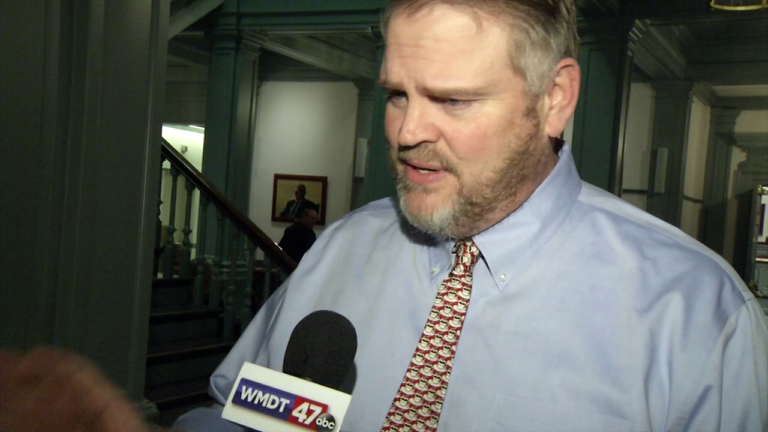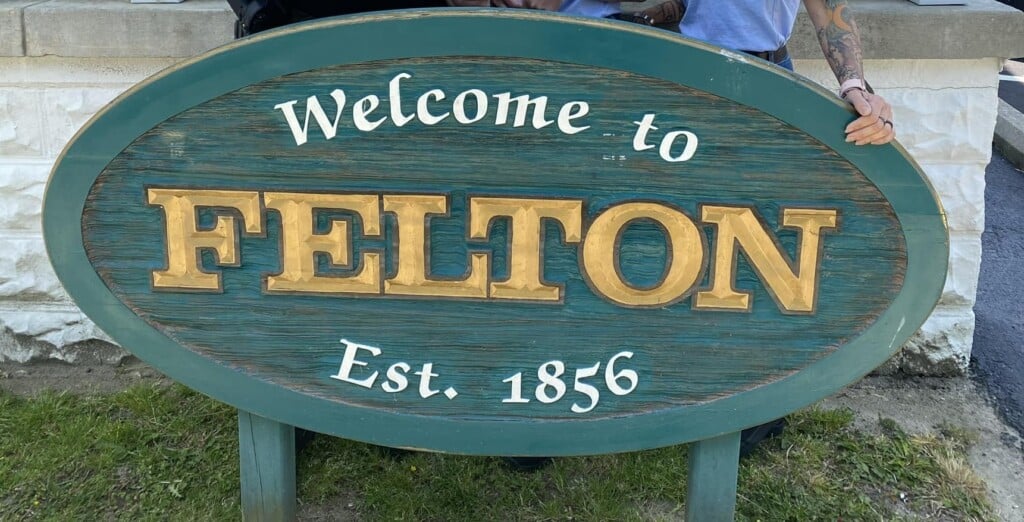Legal weed legislation likely in Delaware

Close to a hundred cannabis advocates packed legislative hall in Dover Thursday to lobby lawmakers to legalize marijuana as part of the Delaware Citizens 7th Cannabis Lobby Day.
The reason they need so much support is because Delaware does not allow voter referendums. Meaning voters themselves don't have the ability to propose a law that would legalize marijuana, then vote for it during an election.
"Our senators and our representatives need to know how we feel because they're the ones that vote," said Cynthia Ferguson, executive director of Delaware NORML a non-profit organization pushing for cannabis reform.
A plus side for lobbyists, Republican Sen. Colin Bonini is among those on board with the idea of cannabis legalization with the idea of regulating similar to the way alcohol is.
Delaware currently has decriminalized possession of small amounts of marijuana and has legalized medicinal use through state dispensaries.
"I actually think the current situation is sort of the worst of both worlds, where it's not legal, it's not regulated, we can't really control it that much, but it's also not illegal," Bonini said. "I think we've created this grey which is sort of the worst of both worlds and I think quite frankly the way to control it, keep it out of the hands of children and make sure it's safe is to legalize it, regulate it and have some control over the process."
Bonini believes legislation could be introduced as soon as this session and said he thinks it will be a bipartisan measure. However he believes it's unlikely a bill would pass this year.
Not all Republicans in Dover are in favor of such legislation though, minority leader Sen. Gary Simpson (R) staunchly opposes the idea of legalization.
Simpson believes right now there's not enough medical research out right now to prove that somewhere down the line there won't be negative side effects.
"I don't want to wake up ten years from now after a few states have allowed recreational marijuana and see the bad health effects that come from this," Simpson said.
Simpson however is on board with medicinal use of the drug and voted in favor of such legislation when it passed through the senate.
That law has helped those like lobbyist Hector Ortiz, a cancer patient who relies on cannabis oil as an alternative to chemotherapy.
Ortiz hopes those like Simpson will change their mind about supporting legalizing cannabis, because he said the current structure isn't affordable to many.
Ortiz said he had to pay over $400 just to get a doctor appointment and medical card. The oil normally costs patients $100 a gram, but Ortiz gets half off because of his cancer. Even then Ortiz said he can't afford to get the full dosage.
Despite only taking part of what he needs, Ortiz credits cannabis oil for keeping him alive and out of chemotherapy.
"When I started (in August), when I was diagnosed I weighed 245 pounds, life style change I'm here sitting at 179 pounds and I feel great and I can only attribute that to the only medication I've taken is cannabis oil," Ortiz said.
If legalized and regulated Ortiz believes prices would become more affordable.
The legalization would also help Delaware fix the budget deficit the state faces.
Lobbyists point to the success states like Colorado have had in taxing the drug.
Currently Delaware is facing a roughly $350 million dollar defecit.


